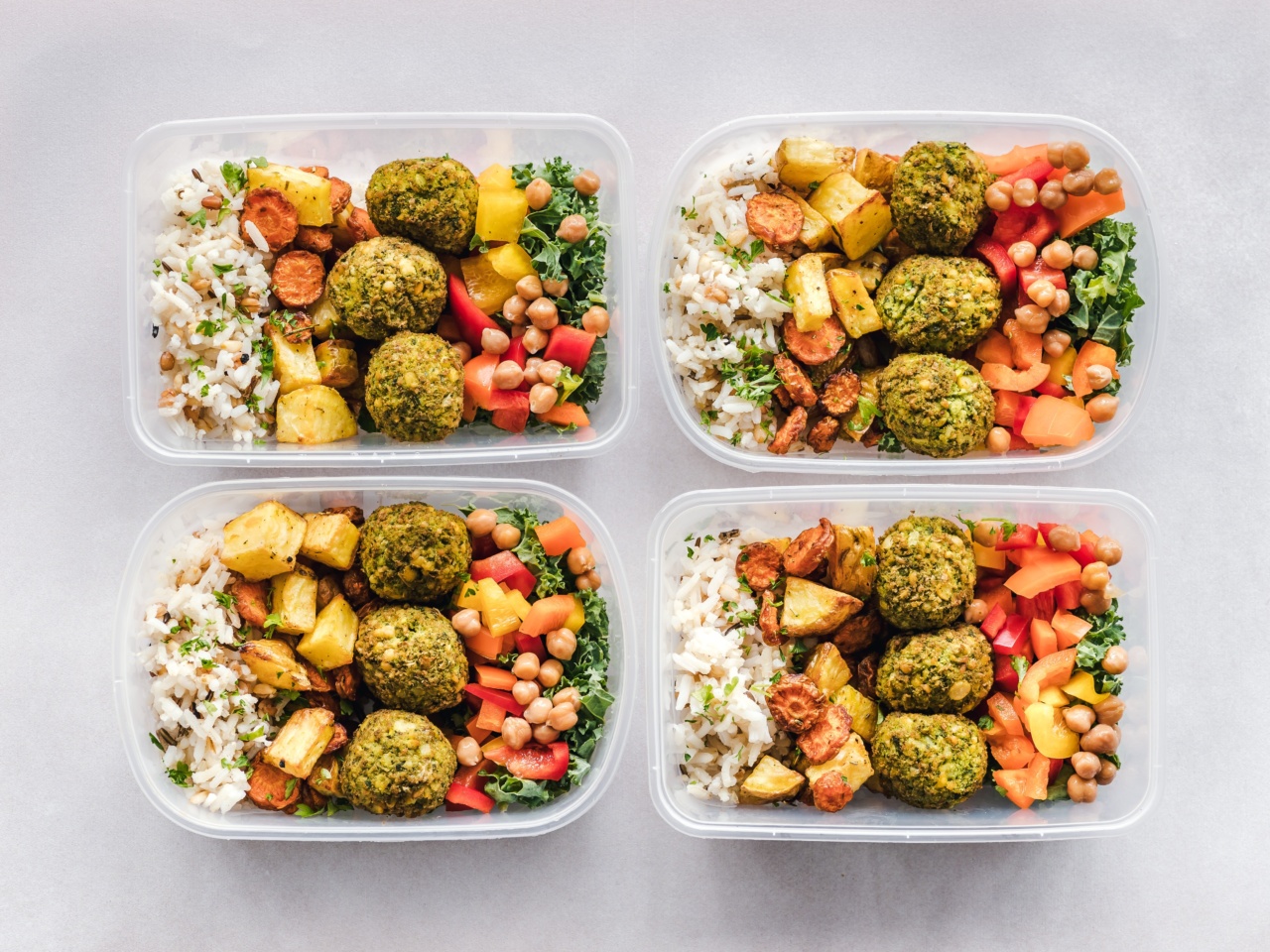The debate around meal frequency and portion size has been an ongoing one for years. Some people swear by small, frequent meals throughout the day, while others prefer large, infrequent meals.
The truth is, there are pros and cons to both approaches, and the better option depends on an individual’s goals, lifestyle, and needs. In this article, we’ll explore the advantages and disadvantages of small, frequent meals versus large, infrequent meals.
Pros of Small, Frequent Meals
1. Better digestion
Small, frequent meals are easier on the digestive system, as it doesn’t have to work as hard to break down large amounts of food at once. This can help prevent bloating, gas, and indigestion.
2. Stabilizes blood sugar levels
Eating frequently can help keep blood sugar levels stable throughout the day, which can prevent energy crashes, mood swings, and overeating.
3. Boosts metabolism
Eating small, frequent meals can keep the metabolism revved up, as the body has to constantly work to digest and absorb nutrients. This can help with weight loss goals and promoting overall health.
4. Avoids overeating
By snacking throughout the day, it’s less likely that someone will overeat during meals, as they won’t be as hungry. This can result in a lower calorie intake, which is helpful for weight management.
Cons of Small, Frequent Meals
1. Time-consuming
Eating frequently throughout the day can be time-consuming, as it requires planning and preparation of multiple meals throughout the day. This can also be inconvenient for people on the go, or those with busy schedules.
2. Can be costly
Buying and preparing multiple meals and snacks each day can quickly add up, making small, frequent meals a potentially expensive option.
3. May lead to snacking
People who eat small, frequent meals may find themselves snacking more often, which can lead to mindless eating and potentially overconsumption of calories.
Pros of Large, Infrequent Meals
1. Convenient
Eating fewer, larger meals can be more convenient, as it requires less preparation and planning. This can be beneficial for people who have busy schedules or limited time to prepare meals.
2. Cost-effective
Eating larger, infrequent meals can be more cost-effective, as it requires less frequent grocery store visits and meal preparation.
3. May result in better satiety
Some people may feel more satisfied with larger meals, as it can be a more fulfilling experience than snacking throughout the day. This can help prevent overeating and promote weight management.
Cons of Large, Infrequent Meals
1. Digestive issues
Eating large meals can put a strain on the digestive system, leading to problems such as bloating, gas, and indigestion. This can be especially problematic for people with digestive disorders.
2. May lead to overeating
People who eat infrequently may be more likely to overeat during their meals, as they may feel too hungry by the time they finally sit down to eat. This can result in overconsumption of calories and weight gain.
3. Can slow down metabolism
Eating infrequently can slow down the metabolism, as the body doesn’t have to work as hard to digest and absorb nutrients. This can make it harder to lose weight and promote overall health.
Conclusion
As you can see, there are pros and cons to both small, frequent meals and large, infrequent meals. The best approach depends on a person’s individual goals, lifestyle, and needs.
Ultimately, it’s important to eat in a way that feels sustainable and makes you feel your best. No matter what approach someone chooses, it’s important to prioritize nutrient-dense, whole foods and listen to the body’s natural hunger and fullness cues.































